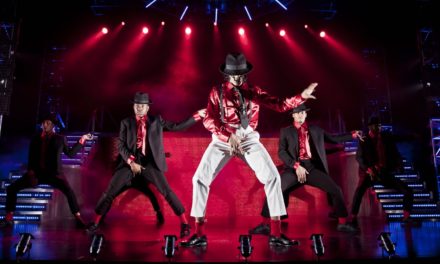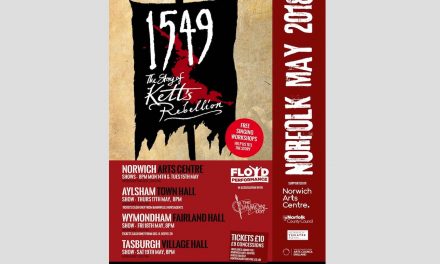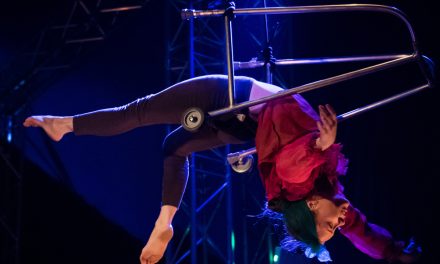Puccini’s Madama Butterfly is a relatively modern opera that touches on many difficult themes – imperialism, gender inequality and abuse, poverty and inequality. It gives a commentary on the problems that occur when strict moral and religious codes fail to keep up with changing realities in society.
Puccini drew on a one act play by American Davis Belasco which in turn was inspired by other accounts by authors John Luther Long and Pierre Loti which contained the same basic elements as Puccini’s opera.
An American sailor, Pinkerton, is stationed briefly in Nagasaki in Japan and draws upon the services of marriage broker Goro who provides him with child-bride Cio Cio San – Butterfly. Even as this deal is being cemented he talks of the time when he can secure a proper American bride, so we can hardly hold any respect for this American character. After committing herself to Pinkerton and his Western values and faith Butterfly finds herself completely ostracised from her own family, community and faith leader, retaining only the undying loyalty of her maid Suzuki who continues discreetly to practice her Japanese beliefs. No sooner are they married than Pinkerton disappears across the oceans once again, leaving a guilt-ridden commitment to pay the rent on Butterfly’s home.
The second act sees Butterfly waiting three years on for her husband to re-appear. She has remained utterly loyal and devoted, inspite of many pressures on her to forget him and yield to a new wealthy husband proffered by Goro. Her passion soars in the famous aria ‘Un bel dì vedremo’ (One fine day we shall see…) as she scours the horizon for Pinkerton’s ship.
Central to the story is the role of the American Consul Sharpless, who acts as an accidental go-between to the couple. He tries in vain to break the news to her that Pinkerton will not return as her husband, but her optimism defeats his ability to communicate this dreadful truth. We then meet the product of their union, the child named Sorrow, as the ship finally appears. Pinkerton returns, but with his new American wife to seize his child and raise him in America. Devastated, Butterfly takes the only action that her code of honour permits.
This Ellen Kent production forms an interesting contrast to the last ‘Butterfly’ to grace this stage in November 2016, a lush and lavish production by Glyndebourne. The Kent-directed show is set entirely in the garden of Butterfly’s hilltop house, overlooking the harbour with a cast reduced from the original 15 to ten, with an added local chorus. The first half is a fast paced and lively sequence that sets the scene, whereas the second half is rather lugubrious and drawn out to match the miserable mood in the Butterfly household. This is no criticism of this production, Puccini himself struggled to get the second half right and at first the opera was not well received. The bridging music of the ‘humming chorus’ between what would have been acts two and three is a particular challenge. Glyndebourne opted to drop the curtain so the music was drowned out by audience chatter, whereas Kent uses the backlit paper walls of the house to shadow profile Butterfly, Suzuki and child waiting through the night for the husband who never returns. Puccini gave us a lot of music to plough through while basically nothing really happens.
Korean Maria HeeJung Kim gave a competent performance as the troubled Butterfly, and although she lacks the sheer vocal power of Alyona Kistenyova who led yesterday’s La Traviata, she was convincing in showing the tragedy of Butterfly’s predicament. Giorgio Meladze as the heartless Pinkerton earned boos at the curtain call reflecting his character rather than his confident performance, and powerful bass Iurie Gisca gave us an authoritative American Consul clearly touched by Butterfly’s tragedy. The young lad who played Butterfly’s son, Jack Byrne, deserves a special mention for his accomplished stage presence. It cannot be easy to be gripped tight by a woman belting out powerful arias of deep distress for a period far longer than most three year old’s attention spans, but this lad did very well. One to watch out for.
Like the previous evening’s La Traviata this was a straightforward and businesslike presentation of this favourite amongst works of opera. My only difficulty with this approach is that it concentrates the mind even more on what is essentially a rather grim story with a deeply unhappy ending. When I complained to my companion about the themes of this work she pointed out that many of the elements of unfairness depicted still affront many women in the world today. I hope that the capacity audience that this show attracted can reflect on that thought. I sense that even for Ellen Kent this is not a favourite work, but her rendition of Puccini’s classic cannot be faulted.
© Julian Swainson 2018
La Traviata, Monday 19 March at 7.30pm. Madama Butterfly, Saturday 20 March at 7.30pm. Tickets £8-£36.50. Discounts for Over-60s, Under-18s and Groups. Surtitles are not visible from Stalls seats Rows Q-W.
To book, log onto www.theatreroyalnorwich.co.uk or call the box office on 01603 630000.





Recent Comments